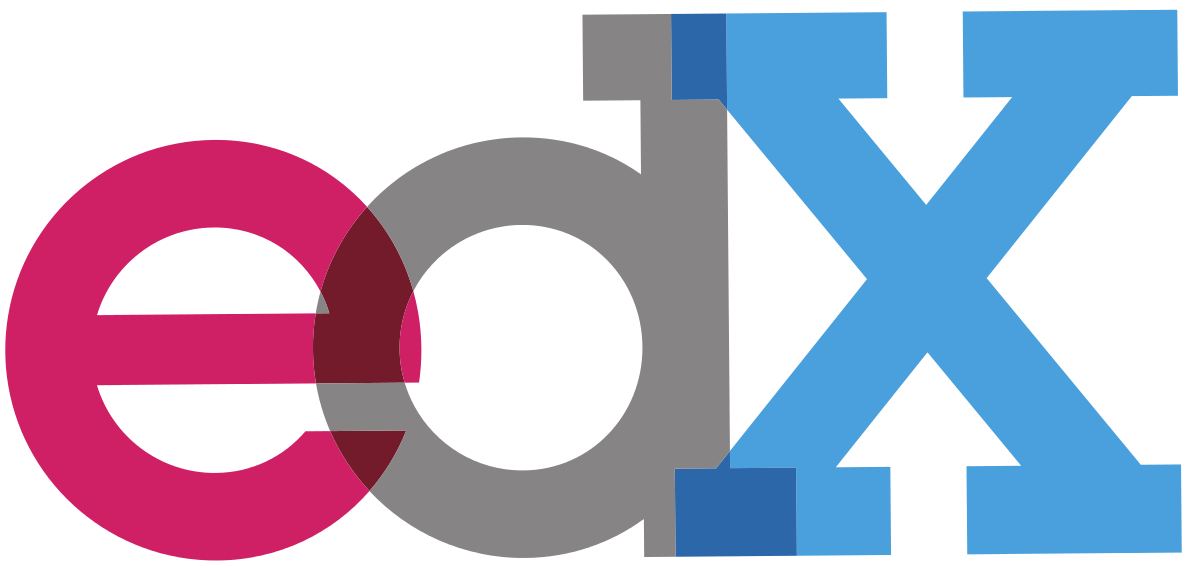Originally published on 2018/11/09
No job is completely, a hundred percent, stable. The company might go under or your president might decide to sack each and every one of you. Either way, it’s not enough to know just one set of skills in the 21st century workplace. A bachelor’s degree isn’t the only weapon you can use to get a better job. In fact, if it’s the only weapon in your arsenal, you better get that white flag ready to wave.
Whether you’re an entrepreneur, self-employed artist, a government worker, or an actor, you need to constantly develop your old skills and learn new ones. But education costs money, you say.
Which is where the MOOC comes in.
MOOC stands for massive open online course. These are online courses you can access usually for free. Some offer free certificates (statement of participation) while others charge a fee (that can range from $29 to $199 depending on the provider).
It’s not always about the certificate. (But let’s not kid ourselves — certificates are great for showing off and telling your next employer that you’ve got the patience and determination to power through a sometimes boring video lesson, too-small print, or a chapter you can recite in your sleep.)
Mostly, MOOCs help make education more attainable and accessible. So, here are several reasons why every Filipino professional (or even student) should pursue an online course.
1. You can learn something new during break time.
Stuck in traffic? Waiting for the train? Better yet, waiting for your friend to finish shopping?
Learn something new! Many MOOCs have learning materials you can download for offline viewing or reading. If you’re a podcast person, there are tons of audio MOOCs for you to enjoy.

It doesn’t even have to be strictly for work like Teaching Foundational Writing Skills. It can be a course on writing fiction if you’re planning to be the next best Palanca awardee. It can be a Photoshop course or even How to Close a Deal courses. The point is, you can use what downtime you have to learn a new skill or polish one you already have.
2. You get a mentor.
Or at least an expert to help you and answer your questions.
It’s usually difficult to learn on your own if you’re starting from scratch. You make a lot of mistakes as a newbie, trust me. I was so hyped up on starting my freelance writing life I started blogs left, right, and center. Only a few survived — and I didn’t even use them for freelance writing.
With a MOOC, you get some guidance. That’s why we’ve got Yoda and Obi Wan, right? We need teachers. And with MOOCs, you can ask your teachers for help. Some of them are university professors. Others are entrepreneurs and bestselling novelists themselves. It’s also a great way to network with such experienced and established people.
3. You can get an education from a world-class university.
Not every MOOC is sponsored by Harvard professors, and there’s nothing wrong with that — but if you’re planning on moving up the ladder in a competitive field, you need to give your resume every push it needs.
Two very popular MOOC providers, edX and Coursera, offer courses from schools like Harvard University, MIT, Sorbonne University, Erasmus University Rotterdam, and many more.
There are also courses offered by famous institutions and organizations like Google, the World Bank Group, Intel, Goldman Sachs, and Cisco, to name a few.
4. Certificates, certificates, certificates!

Back when dinosaurs still roamed the earth, edX and Coursera offered free certificates (for some courses). Fast forward to 2018, and they no longer do. One of several reasons is that some students cheated to complete the course. All in the name of getting a certificate.
And because of these deviants, people who actually had a hard time paying for a certificate (like, you know, those who live really far away and have to pay for shipping fees that cost more than said certificate) had to settle for saving up an entire month’s salary or explaining why they don’t have a certificate for that course they listed on their resume.
Another option is, of course, not to include it on your resume (if it wasn’t for work anyway). The other one is to find a MOOC provider that at least gives you a Statement of Participation, like the Open University’s OpenLearn and Open2Study.
For teachers, the Friday Institute offers courses for free. Webjunction, meanwhile, is a great MOOC provider for librarians or anyone working in the library management system. They also offer certificates upon completion of the course — but they’re not easy. They usually require a lot of time and effort, so make sure you know what you’re getting into.
Always ask yourself why you’re doing the course. If it’s important for your career or to get into grad school, shelling out a few thousand pesos for the certificate might just be worth it. But if you’re struggling with the money, there’s no shame in actively seeking out MOOCs that offer free certificates, too.
5. Refresh your knowledge.
I currently work as a freelance writer, but I love to teach, and I’m hoping to get back on the teaching horse one of these days. But because it’s been a long time since I was in a formal school setting, I decided to get myself up to date on recent teaching trends by doing several MOOCs.
It’s always a good idea to refresh yourself, to reignite your passion and restore whatever knowledge got lost in your little noggin after years of not using said knowledge. You might find that the information you learned back in college a decade ago no longer applies to the here and now.
Aside from going to graduate school, studying via MOOC is a good way to resharpen your old skills. It will also show your employer that you value professional growth and constant learning.
Takeaways
- Whatever your current job or profession is, it’s always a good idea to pursue further education.
- MOOCs are a great way to develop new skills and learn new practices, refresh your knowledge, connect with like-minded individuals and experts, and add weight to your resume.
- If you feel stuck, bored, or not growing in your workplace, it’s time to try a MOOC.



